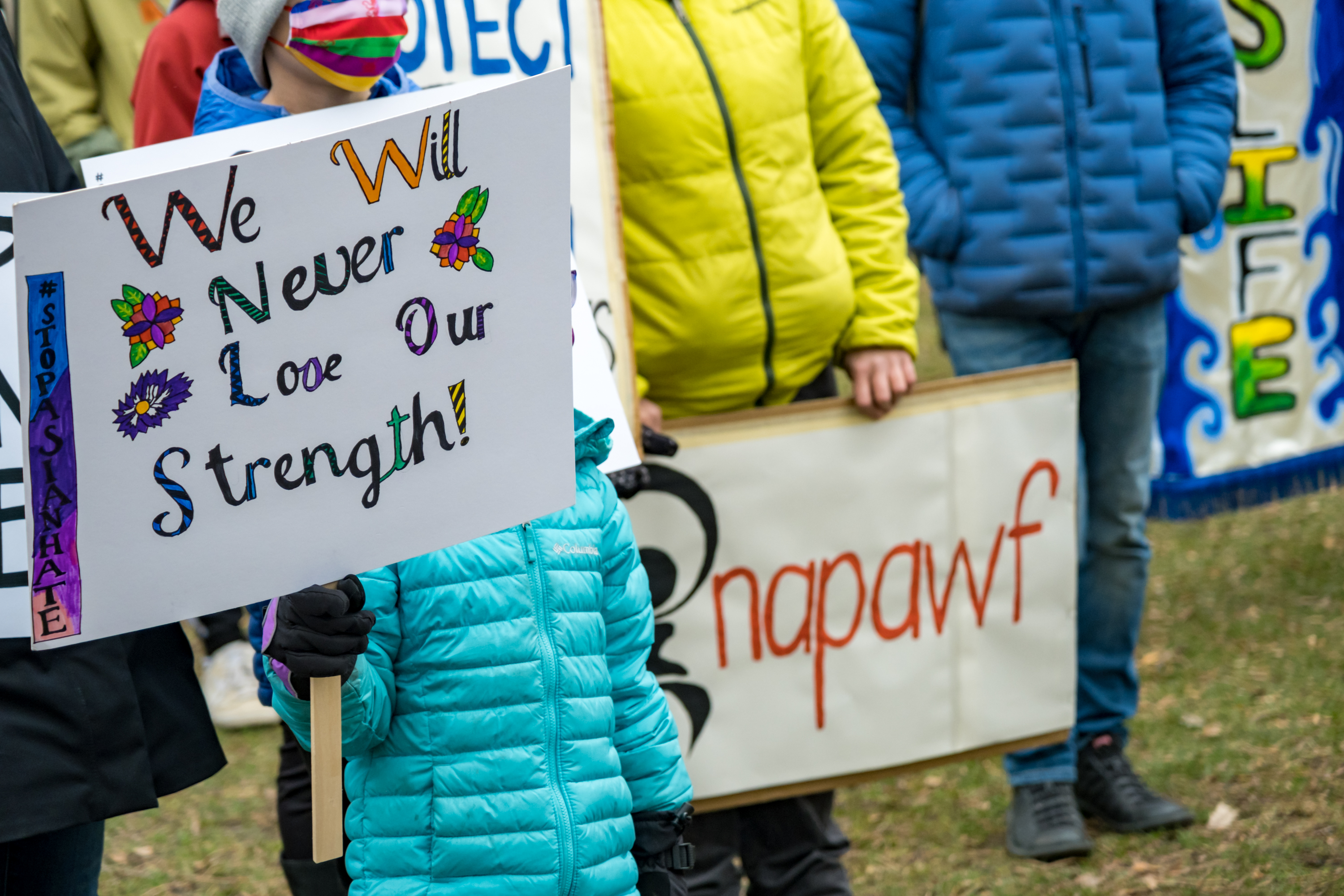Repealing Parental Notification of Abortion in Illinois
Former clinic escort Yasmine has seen firsthand how hard it is to get an abortion as a minor — Illinois’ Parental Notice of Abortion (PNA) law makes getting care even harder.
As a second-semester high school senior in 2015, I was ready for vacation. Then my friend got a positive pregnancy test. We were both Asian American Pacific Islander (AAPI), both 17, and both raised in households where sex was not discussed. She felt strongly she was not at the right stage in her life to have a child. I supported her. Though her parents were very loving, my friend did not think they could be the support system she needed. The uncertainty of how her parents would react compelled her to ask me, a friend, for help.
I jumped into research, trying to find an abortion clinic. That’s how I first learned about an Illinois law called the Parental Notice of Abortion Act, or PNA.
PNA requires a health care provider to notify an adult family member or guardian at least 48 hours prior to providing an abortion for a patient under 18. As an alternative, a young person can go before a judge to get permission without the notification or consent of their parent or guardian. Before my friend had to reach a decision about notifying her parents or asking a judge, she miscarried.
Since then, I have had many more experiences with people seeking abortion care. During college, I volunteered as an abortion clinic escort. The pregnant people I escorted were subjected to verbal and physical harassment from protestors on their way to the clinic. Every other Friday, I came back to my dorm with a collection of items: crushed-up cans, giant pictures of bloody fetuses, rocks. We grabbed what was thrown at us so that the protestors couldn’t pick up their items and throw them again, this time at a closer range. Escorts wear ponchos to block the showering of spit and fake blood coming from protestors.
Seeking abortion care is not a decision made casually for these pregnant people. My firsthand experience with the challenges to getting an abortion brought me to the Repeal PNA campaign in 2019. I organize for this campaign as a leader with the National Asian Pacific American Women’s Forum (NAPAWF). Our organization works to build power with AAPI women and girls in order to work towards reproductive, economic, and racial justice. As a youth who grew up in Illinois, I know the harmful impact PNA has on young people.
Healthy family communication cannot be legislated. In an ideal world, people have family they can trust to support them but that isn’t always the case.
Some young people are wards of the state; PNA forces them to rely on a stranger to decide whether or not they can receive abortion care. Other youth do not have open and supportive communication with any adult in their home, and forcing these conversations, regardless of a family’s particular dynamics, can and does endanger young people. Many teenagers report being kicked out of their homes, being forced to carry to term, and experiencing other physical and emotional abuse. This one-size-fits-all parental notice law ignores these realities of young people’s lives, and the law does not consider the cultural differences we must navigate with our communities. It also does not consider language barriers; some young people do not have the language to explain their reproductive health to their families.
PNA’s effect on families of color, especially immigrant families, is then compounded by other restrictive policies. Many families do not have health insurance, even if they are documented, because of our country’s five-year bar on enrolling in federal health insurance programs. For undocumented families, accessing health care is often not an option. The HEAL Act, which was reintroduced in Congress earlier this month, help immigrants get the health care they need by removing the xenophobic restrictions that prevent them from being insured.
Health care is a fundamental right and youth should be trusted and supported with their health care decisions. Youth from immigrant households often have a tremendous amount of responsibility for their homes and families; they are the primary translator and advocate for their family, care for siblings and elders, work jobs, and navigate higher education alone. Some of these young people have their own children they provide for and regularly make decisions relating to their own children’s care and well-being. And the law honors those choices. Indeed, young people can choose to carry to term, place their child into the foster care system, and have a c-section—a riskier procedure than an abortion—all without parental notice. Why does the law require parental notification for an abortion, but no other health care related to pregnancy?
Youth are exceedingly capable; they do and will continue to make sound decisions, involving those who they trust for support and guidance, whether a parent or otherwise.
Forced parental notice diminishes youth safety and autonomy by disregarding the realities of youth’s lives. Illinois is known as a progressive state. But to truly support self-determination and reproductive rights, we must trust youth.
Yasmine is a queer, disabled, South Asian community organizer at The Acorn Collective, a Chicago chapter leader at NAPAWF, and a Master of Science in Law Graduate from Northwestern University Pritzker School of Law (‘21). Yasmine approaches her work with abolitionist and reproductive justice frameworks as established by Sister Song.
